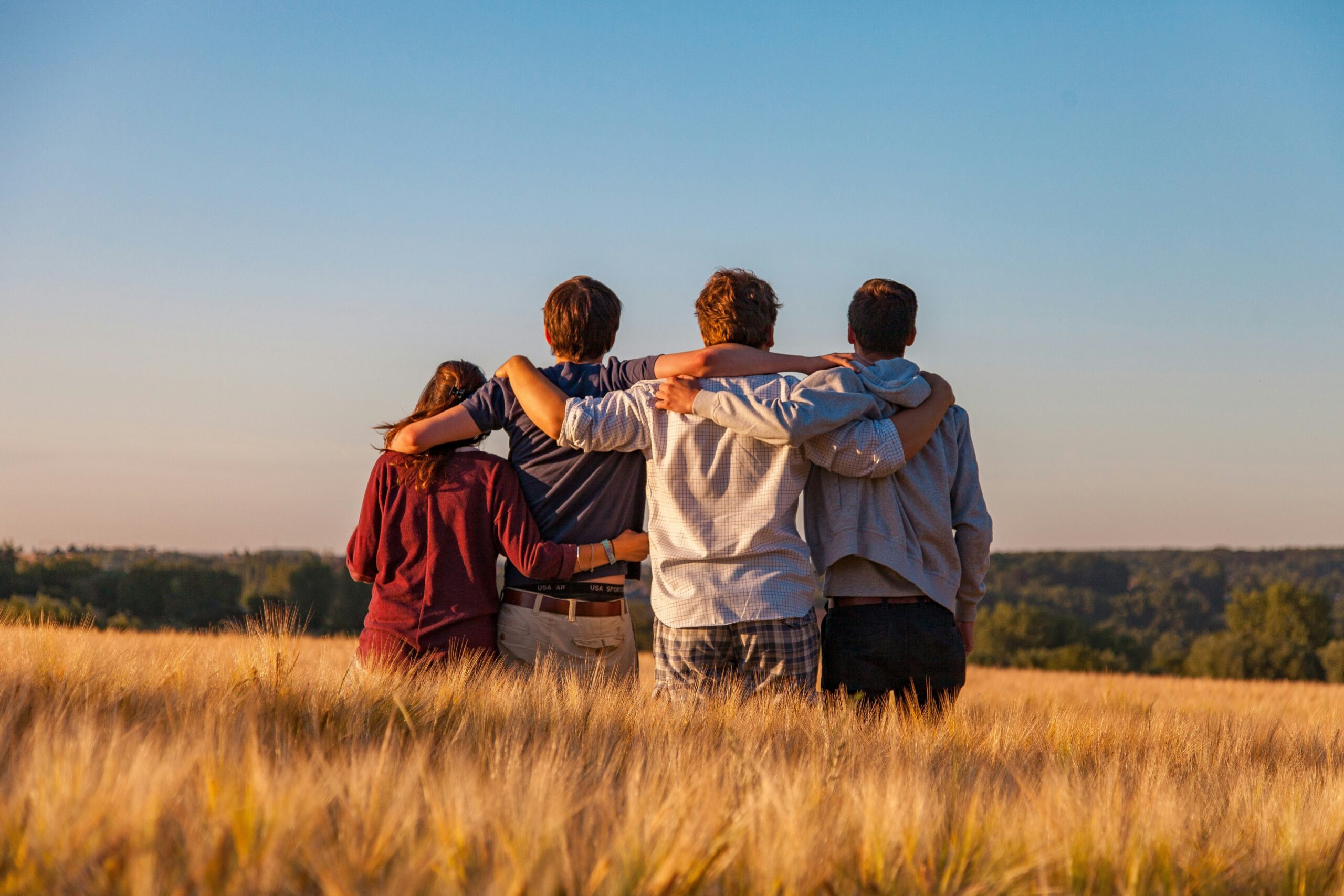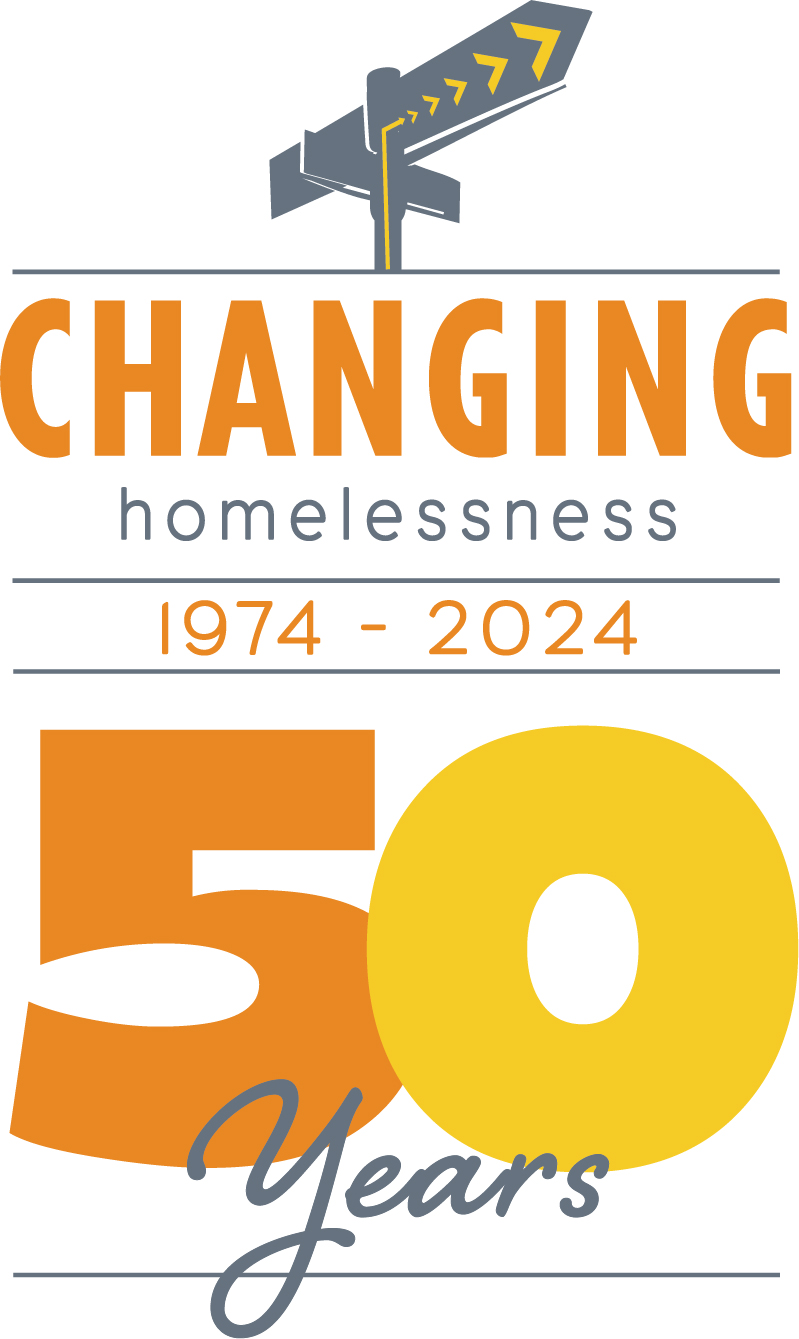DAY 1 FAMILIES PROGRAM
The Day 1 Families Fund issues annual leadership awards to organizations and civic groups
doing compassionate, needle-moving work to provide shelter and hunger support to
address the immediate needs of young families. The vision statement comes from the
inspiring Mary’s Place in Seattle: no child sleeps outside.
In the Fall of 2022, Day 1 Families Fund awarded Changing Homelessness $2.5M. These
funds are meant to help ensure that families experiencing homelessness are able to get
the support they need to get and stay housed and can support families in Clay, Duval, and
Nassau Counties.
For more information, please contact: day1@changinghomelessness.org

Phase I Response
COVID-19 Shelter Protocol
Efforts began early that March to mitigate the potential impact of the pandemic on those experiencing homelessness. After we formed the Shelter Task Force, we designed and implemented a complete COVID-19 Shelter Protocol which included new procedures at our community shelters such as:
- Reducing shelter capacity to 50%
- Screening everyone entering facilities
- Enacting social distancing requirements
- Performing routine cleanings of each campus
- Instructions for handling a situation in which someone tested positive for the virus
After reducing shelter capacity, we established a second ‘Pop-Up’ Urban Rest Stop at Salvation Army to enable more street homeless individuals to have a safe place during the day to social distance.
Mass Testing Initiative
In May of 2020, we were one of two communities selected by Quest Diagnostics to conduct widespread testing for COVID-19 individuals experiencing homelessness. We partnered with Community Solutions, UF Health, Sulzbacher, and several other local partners to successfully screen 657 individuals — 0 of whom tested positive.
To find out more about our mass testing initiative, read our 2020 Annual Report.
Non-Congregate Shelter
An instrumental part of our COVID-19 response was standing up temporary, non-congregate shelter (NCS). This NCS serves as a safe space individuals can go to isolate if they:
- Are considered extremely vulnerable to COVID-19 (have an underlying or pre-existing health condition)
- Have been exposed or are displaying symptoms
- Are awaiting test results
- Have tested positive
During their stay in NCS, individuals receive 3 meals a day, case management, and routine visits from healthcare workers.
As of March 15, 2021, 549 households have been moved into temporary, non-congregate shelter to prevent the spread of COVID-19.
Pathway to Home
In February 2021, the COVID-19 Shelter Taskforce and the City of Jacksonville announced the launch of an initiative that expands resources for people experiencing homelessness. The Pathway to Home Program — a collaboration between the City of Jacksonville, Sulzbacher, Mental Health Resource Center, Changing Homelessness, additional area homeless providers, Downtown Vision, and the Jacksonville Sheriff’s Office — was created to serve as a bridge to services for people who are experiencing unsheltered homelessness. This program utilized a comprehensive, multidisciplinary approach that includes co-responder teams, coordinated entry, and housing case managers.
The Pathway to Home Program will provide individuals living in unsheltered areas with a local extended-stay hotel room and food assistance for 30 days. During this period, case managers worked with each participant to secure permanent housing through Rapid Re-Rehousing. Rapid Rehousing (RRH) is an intervention designed to quickly move families and individuals out of homelessness and into permanent housing. The RRH program is short-term and provides the following services: Case Management, Housing Location Assistance, and Temporary Rental Assistance.
Temporary Bridge Shelter
Branching off of the Pathway to Home Program, the Temporary Bridge Shelter was a low-barrier shelter set up to serve as a bridge to resources and a temporary living space for those experiencing unsheltered homelessness during the COVID-19 pandemic.
After a generous donation of an empty building from local property owners, a total of 165 people living on Jacksonville’s streets chose to enroll in the Temporary Bridge Shelter, and homeless service providers made a commitment to ensure each client had an exit destination within 30 days.
At the end of the month, 104 clients went from living on the street to living in emergency shelter or transitional housing, permanent housing, or a boarding/rooming house.
Our approach was a culmination of sorts —coordinated intake, case management, 1-on-1 conversations, connections to employment, and multiple on-site resource fairs — but by far, the success of this 30-day project can be attributed to the collaboration between City Rescue Mission, Changing Homelessness, the City of Jacksonville, Mission House, Sulzbacher, and several other agencies. Shelter staff from all of these participating agencies were instrumental in their comprehensive, hands-on involvement in assisting clients develop and implement exit plans.
Vaccinating Clients
In March, news broke that one of our member agencies and fellow homeless service providers, Sulzbacher would soon receive nearly $3 million in funds from the American Rescue Plan.
This funding was used to bolster Sulzbacher’s existing vaccination program. Shortly after receiving the funding, Sulzbacher began its two-year project to bring COVID-19 vaccines to those experiencing homelessness in shelters, housing programs, and other vulnerable communities.
Our Impact
657
individuals tested
for COVID-19 as
part of a mass
testing initiative
$3M
in city, state, and federal funding designated for COVID-19 prevention and relief
397
individuals moved into non-congregate shelter to prevent the spread of COVID-19 in 2020
117
individuals moved into permanent housing following their stay in non-congregate shelter in 2020
Relief Funding
The influx of relief funding and resources we received as a Continuum of Care during the COVID-19 pandemic allowed us to significantly minimize the potentially catastrophic effects of the pandemic on those experiencing homelessness. We utilized the following resources to engage homeless individuals and families living on the street, rapidly rehouse homeless individuals and families, help operate and provide essential services in emergency shelters for homeless individuals and families, and prevent individuals and families from becoming homeless:
-
-
- State of Florida Department of Children and Families (DCF) Emergency Solutions Grant Coronavirus (ESG-CV)
- City of Jacksonville (COJ) Emergency Solutions Grant Coronavirus (ESG-CV)
- Northeast Florida Hardest Hit
- Jessie Ball DuPont Bridge Loan
- Supportive Services for Veteran Families (SSVF) Coronavirus Aid, Relief, and Economic Security (CARES) Act
- Community Foundation Grant
- Wells Fargo – COVID-19
-
COVID-19 Resources
Local Resources
We are sharing the Northeast Florida COVID-19 Shelter Protocol with you on behalf of a committed coalition of partners from the Mayor’s Office, Sulzbacher, Mental Health Resource Center, Shelters throughout the city, the Florida Health Department, our Hospitals, and other community stakeholders.
State Resources:
- Florida Health Department, 2019 Novel Coronavirus Response (COVID-19) Toolkit — The information from Florida Health includes lots of flyers and infographics on how to manage, contacting, general prevention, travel, prevention and screening
- Florida Governor, Ron Desantis’ Office — The COVID-19 Call Center is available 24/7 | 1.866.779.6121 | COVID-19@flhealth.gov
- Florida Housing Coalition, COVID-19: Housing Related Resources
Federal Resources:
- Centers for Disease Control and Prevention Coronavirus (COVID-19) — The information from the CDC includes how to protect yourself and what to do if you think you are sick
- The President’s Coronavirus Guidelines for America – 15 Days to Slow the Spread
- HUD COVID-19 Homelessness Resources
Registration Information:
For information concerning our registration, please call: 1-800-HELP-FLA (435-7352) or visit www.FloridaConsumerHelp.com
Refer to registration number: CH13995
725 PENINSULAR PLACE, JACKSONVILLE, FL 32204 | 844.367.7783 | INFO@CHANGINGHOMELESSNESS.ORG
